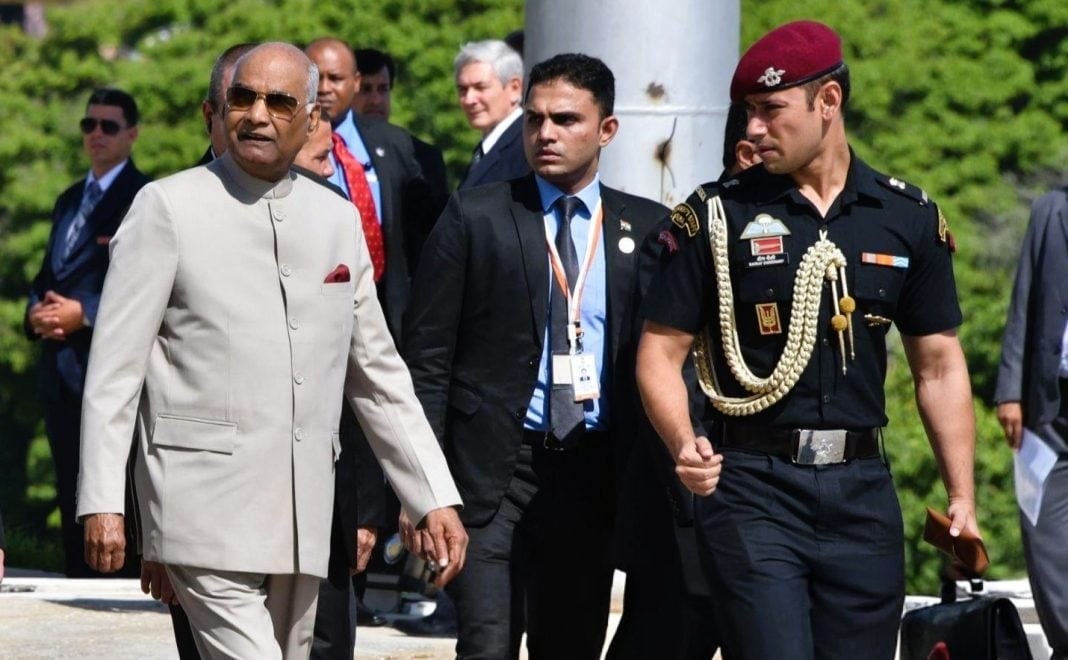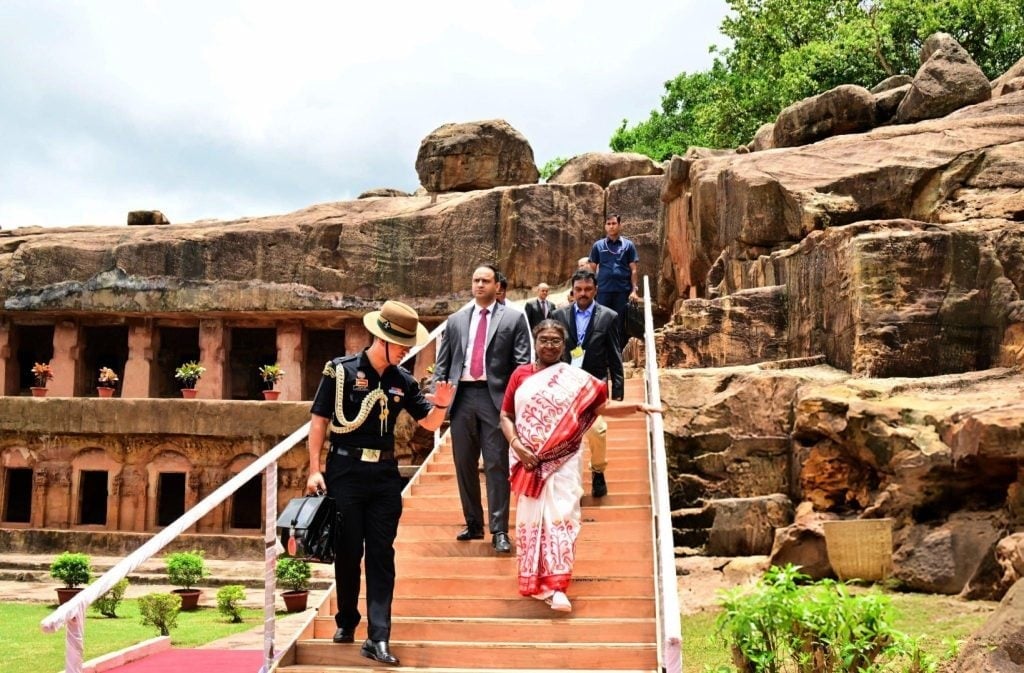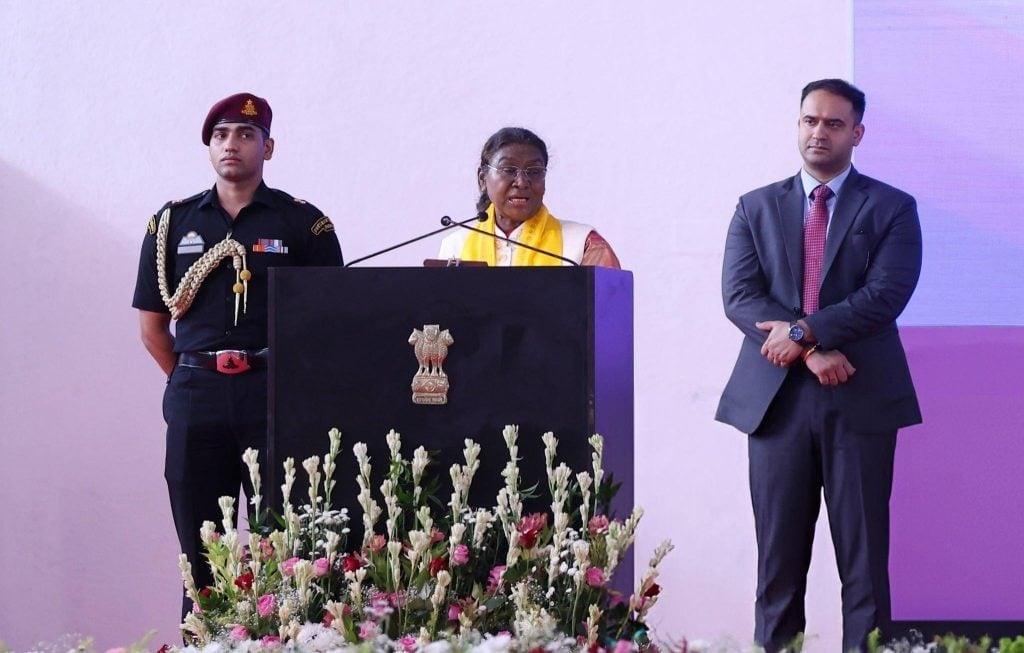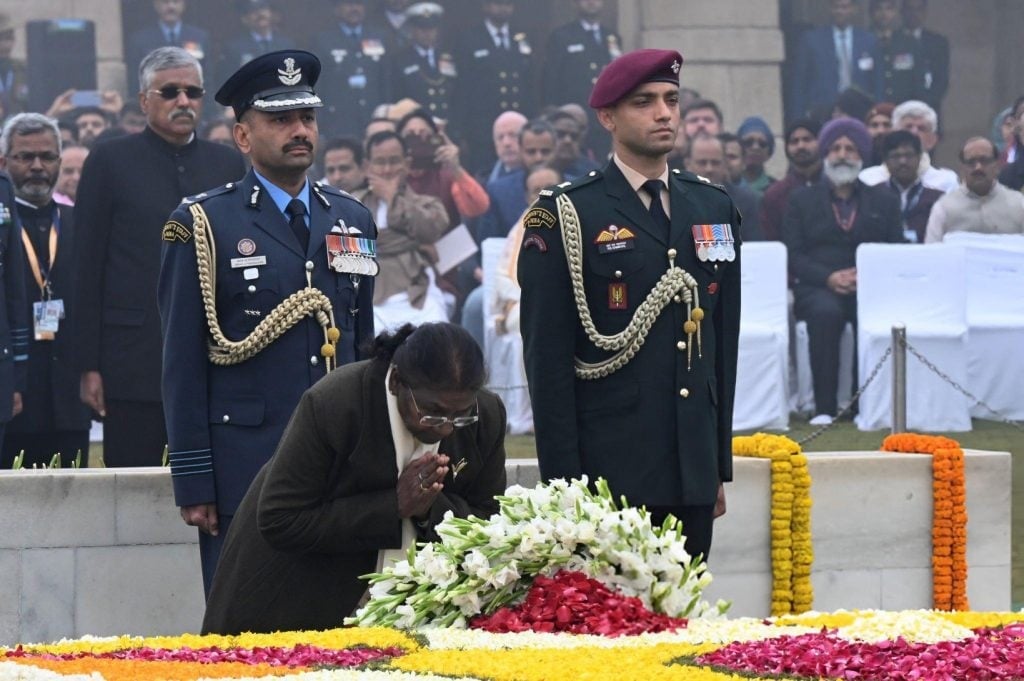The position of Aide-de-Camp (ADC) to the President of India is a prestigious role that combines elements of military service, governance, and public administration. This article will explore the multifaceted journey of becoming an ADC, detailing the responsibilities, qualifications, and selection process involved in this esteemed position.
Also Read | What’s the Difference Between a Silencer and a Suppressor?
Understanding the Role of an ADC
The Aide-de-Camp serves as a vital link between the President and various governmental functions. This role is not merely ceremonial; it encompasses a wide range of responsibilities that ensure the smooth operation of the President’s office.
Key Responsibilities
- Administrative Support: ADCs are entrusted with managing the President’s daily agenda, which includes scheduling meetings, official events, and travel arrangements.
- Liaison Functions: Acting as a bridge between the President and government departments, ADCs facilitate communication and coordination.
- Security Oversight: Ensuring the safety of the President during public appearances and formal events is a primary duty.
- Ceremonial Representation: In some cases, ADCs may represent the President at various functions, embodying the authority of the office.
Importance of the Role
The ADC’s role is crucial for the effective functioning of the President’s office. By managing logistics and administrative tasks, ADCs allow the President to focus on governance and policy-making.
Qualifications Required to Become an ADC
Pursuing a career as an ADC requires a blend of education, experience, and personal attributes. The qualifications are stringent, ensuring that only the most capable individuals are selected for this prestigious role.
Educational Background
- Military Service: Candidates typically need to be commissioned officers in the Indian Armed Forces, often holding the rank of Major General or its equivalents.
- Higher Education: A degree in fields such as political science, public administration, or management can be advantageous.
Professional Experience
- Service Record: A proven track record in military service, including leadership roles and successful project management, is essential.
- Government Interaction: Familiarity with governmental processes and bureaucratic structures enhances a candidate’s profile.
Personal Attributes
- Communication Skills: Proficiency in English and at least one Indian language is necessary for effective interaction.
- Interpersonal Skills: Strong relational abilities are crucial for liaising with various stakeholders.
- Integrity and Discretion: Given the sensitive nature of the role, candidates must demonstrate a high level of trustworthiness.
The Selection Process for Becoming an ADC
The journey to becoming an ADC is competitive and involves a rigorous selection process designed to identify the most suitable candidates.
Nomination Phase
Candidates are typically nominated by their respective military branches based on their performance and leadership capabilities. This internal nomination process is crucial for ensuring that only the best candidates are considered.
Screening and Assessment
- Performance Evaluation: Candidates undergo a thorough review of their service records and assessments of their leadership qualities.
- Interviews: Shortlisted candidates are interviewed by a selection committee comprising senior officials from the government and the President’s office.
Final Selection
The final selection is made based on the candidate’s overall suitability for the role, taking into account their experience, qualifications, and interview performance.
Training and Development for ADCs
Once selected, ADCs undergo extensive training to equip them for their responsibilities.
Induction Training
- Protocol and Procedures: New ADCs receive training in the protocols associated with the President’s office, including security measures and ceremonial duties.
- Administrative Skills: Training also focuses on enhancing administrative capabilities, ensuring ADCs can manage the President’s schedule effectively.
Continuous Learning
ADCs are encouraged to participate in ongoing training programs that cover areas such as crisis management, policy analysis, and leadership development.
Mentorship Opportunities
Experienced ADCs often mentor newcomers, providing guidance on navigating the complexities of the role and sharing insights from their experiences.
Also Read | 7 Incredible Things Indian Armed Forces Give Their Troops
Challenges Faced by ADCs
While the role of an ADC is prestigious, it comes with its own set of challenges that require resilience and adaptability.
Managing Competing Demands
ADCs often juggle multiple responsibilities, requiring exceptional time management skills to prioritize tasks effectively.
Navigating Bureaucratic Complexities
Understanding the intricacies of governmental operations is essential for ADCs to facilitate smooth communication between the President and various departments.
Maintaining Confidentiality
Given the sensitive nature of information handled, ADCs must uphold the highest levels of confidentiality, even under public scrutiny.
Adapting to Rapid Changes
The political landscape can shift quickly, requiring ADCs to be agile and responsive to changes in the President’s schedule and priorities.
Tips for Aspiring ADCs
For those aiming to become ADCs to the President of India, here are several strategies to enhance your candidacy.
Develop Leadership Skills
Focus on honing your leadership abilities through various roles in military service, ensuring you have a robust foundation for the responsibilities of an ADC.
Cultivate Communication Proficiency
Effective communication is key. Work on your verbal and written skills to ensure clarity and professionalism in all interactions.
Gain Diverse Experience
Seek opportunities in various governmental departments to broaden your understanding of the bureaucratic landscape and enhance your adaptability.
Uphold Integrity
Maintain the highest ethical standards throughout your career, as integrity is paramount in a role that handles sensitive information.
Stay Informed
Keep abreast of current political, economic, and social developments, as this knowledge will aid in making informed decisions and adapting to changes.
The Significance of the ADC Role
The ADC’s position is not merely one of prestige; it plays a critical role in the governance of India. By ensuring that the President can operate effectively, ADCs contribute to the overall health of the nation’s political landscape.
Facilitating Governance
ADCs help streamline processes within the President’s office, allowing for better governance and quicker decision-making.
Enhancing Public Perception
By representing the President at various events, ADCs help shape the public image of the office, reinforcing its significance in the democratic framework.
Building Relationships
As liaisons between the President and other governmental bodies, ADCs foster relationships that are essential for collaborative governance.
Also Read | Common Questions Asked in Personal Interviews
Conclusion
Becoming an Aide-de-Camp to the President of India is a challenging yet rewarding journey. The role demands a unique combination of skills, experience, and personal attributes, making it one of the most sought-after positions in the Indian Armed Forces. Aspiring ADCs must be prepared to navigate a competitive selection process and embrace the rigorous training that follows.
Through dedication, integrity, and continuous learning, individuals can position themselves for success in this esteemed role, ultimately contributing to the governance and functioning of the nation.
FAQs
1. What is the primary role of an ADC to the President of India?
The primary role of an ADC is to provide administrative and personal assistance to the President, manage their schedule, and ensure effective communication between the President’s office and government departments.
2. What qualifications are required to become an ADC?
Candidates must typically be commissioned officers in the Indian Armed Forces, possess leadership experience, and have strong communication skills, along with a degree in relevant fields.
3. How is the selection process for ADCs conducted?
The selection process involves nomination, screening of candidates based on their service records, interviews by a selection committee, and a final assessment of suitability for the role.
4. What kind of training do ADCs receive?
ADCs undergo induction training covering protocol and administrative responsibilities, along with ongoing development programs focused on leadership and crisis management.
5. What challenges do ADCs face in their role?
ADCs face challenges such as managing competing priorities, navigating bureaucratic complexities, maintaining confidentiality, and adapting to rapid changes in the political landscape.










